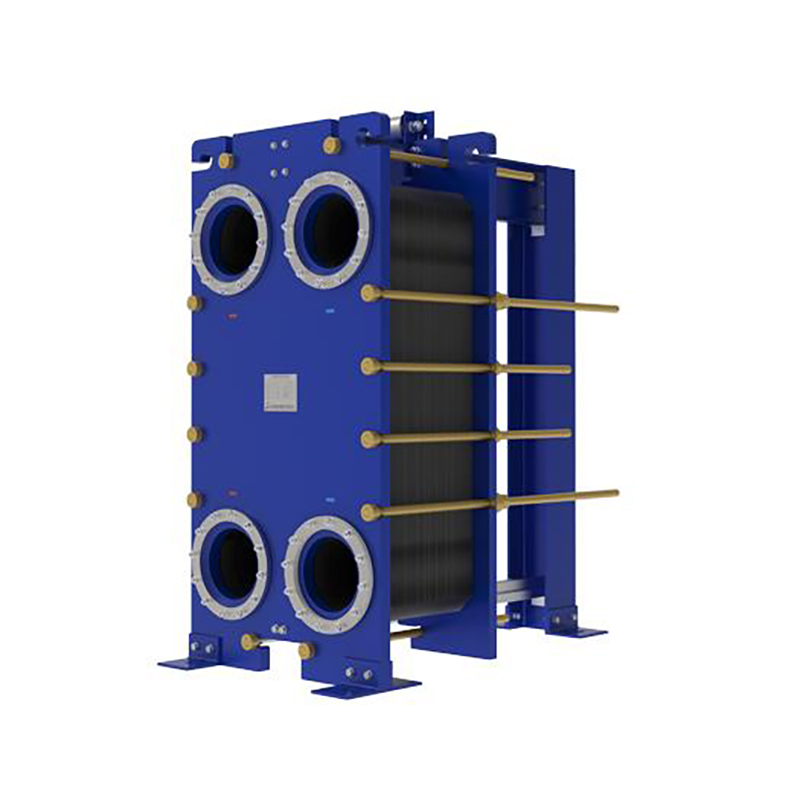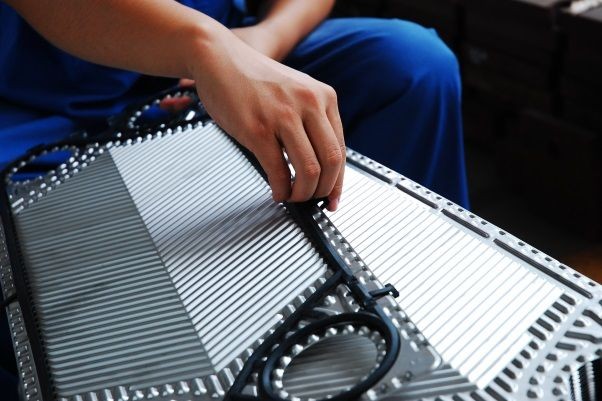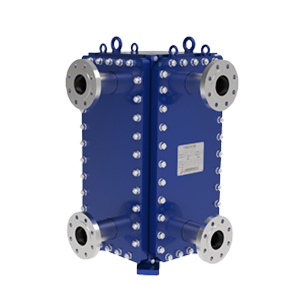Frame plate heat exchanger picks for top efficiency
Compare top frame plate heat exchanger models for ...
More
The principle of an oil exchanger, fundamentally, is heat transfer through thermal conduction. These devices operate on the simple yet critical premise of transferring heat from a hotter fluid to a cooler fluid without the two streams mixing. In industrial and mobile hydraulic systems, this is most commonly achieved via a shell and tube or plate and frame heat exchanger design. In a shell and tube model, one fluid runs through a series of tubes while the other fluid circulates around them within a sealed shell. Plate heat exchangers utilize corrugated metal plates stacked together, creating alternating channels for the hot and cold fluids. The large surface area provided by the tubes or plates facilitates efficient thermal energy exchange. The driving force is always the temperature difference between the two mediums; heat naturally flows from the high-temperature lubricating oil, for instance, to the lower-temperature cooling water or air. This process is governed by the laws of thermodynamics and is calculated using factors like flow rates, specific heat capacities, inlet/outlet temperatures, and the overall heat transfer coefficient (U-value) of the exchanger itself. The core objective remains consistent: to precisely regulate oil temperature by removing excess waste heat generated by system operation, thereby maintaining optimal viscosity and protecting the entire system from the damaging effects of overheating.
Maintaining precise oil temperature is not merely a suggestion but an absolute necessity for the health and efficiency of any machinery dependent on hydraulic systems or lubricants. When oil overheats, its viscosity plummets, destroying its ability to properly lubricate moving parts. This leads to a catastrophic cascade of issues: increased metal-on-metal friction, accelerated wear of components like pumps, valves, and bearings, oxidation and sludge formation, and ultimately, system failure. Data from the Fluid Power Institute indicates that for every 10°C (18°F) increase in oil temperature beyond an optimal point, the rate of oil oxidation—and thus its service life—is halved. Conversely, oil that is too cold increases viscosity, causing higher flow resistance, poor responsiveness, and a significant spike in energy consumption as the pump works harder. An oil exchanger directly combat these problems. By reliably rejecting heat, it maintains the oil within a narrow, ideal temperature band, typically between 45°C and 55°C (113°F to 131°F). This ensures the oil retains its designed lubricating properties, drastically reduces mechanical wear, and prevents thermal degradation. The result is a direct extension of oil change intervals by 2-3 times or more, massive reductions in downtime, and the prevention of costly component replacements. The heat exchanger acts as a guardian, ensuring consistent system performance and protecting a significant capital investment.
Select the most popular foreign trade service products to meet your diverse needs
Learn more about the dynamics and professional knowledge of the foreign trade industry

Compare top frame plate heat exchanger models for ...
More
Plate heat exchanger gaskets perform 5 key roles: ...
More
API 662 defines standards for plate heat exchanger...
More
A gasket in heat exchanger seals surfaces, blocks ...
More
User reviews show the american standard heat excha...
More
You can see clear differences between welded block...
MoreSelect the most popular foreign trade service products to meet your diverse needs
Explore more content related to foreign trade services

User Comments
Service Experience Sharing from Real Customers
Michael Reynolds
Maintenance EngineerThis oil exchanger is incredibly efficient and robust. It has significantly improved our system's thermal management and reduced maintenance downtime. A top-quality product that delivers on its promises.
Sarah Chen
Plant ManagerOutstanding performance and durability. The compact design was easy to integrate into our existing setup, and we've seen a notable drop in operating temperatures. Highly recommend for any industrial application.
David Rodriguez
HVAC TechnicianA reliable and well-built unit. Installation was straightforward, and it performs excellently under load. The only minor drawback was the initial cost, but the long-term savings on energy make it worthwhile.
Jennifer Williams
Chief EngineerThis exchanger has been a game-changer for our fleet's engine cooling systems. It's exceptionally durable in harsh marine environments and has drastically improved our reliability. Excellent product and support.